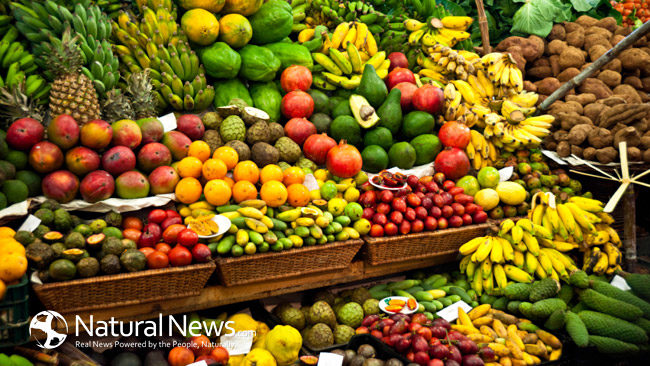There’s only so much room in your refrigerator, but certain items rank in importance versus others for the occupancy space. Many people refrigerate foods because they believe they stay fresher or will not expire as quickly if kept in a cool temperature. According the Food and Drug Administration (FDA), your refrigerator should be kept at 40 degrees or cooler, ideally between 35 to 38 degrees. This ideal temperature does help ward off bacteria. However, for items that don’t need or require this temperature, the cold actually isn’t a good idea. For example, fruits and vegetables actually keep better between 50 to 60 degrees total and keeping them in a refrigerator can actually delay their ripening process. The following 20 items are some do’s and don’t for food refrigeration.
Bananas: will not ripen in the refrigerator and the cold air will turn their skin brown.
Basil: actually develops black spots when refrigerated so it is best kept on the counter.
Avocados: these do spoil quickly, but they won’t ripen if kept in the refrigerator.
Bread: this staple becomes stale quicker when refrigerated. It is best to keep it in a cool place or freeze it until being used.
Honey: when kept in a refrigerator it crystallizes quicker it should be kept in a cool, dry place.
Melons: best kept on the counter for optimal flavor and to keep antioxidants intact.
Onions: they like the dark and should be kept on the counter with little light exposure.
Potatoes: they like the dark too. Keep them in a cool, dark place on the counter.
Peppers: will not ripen if refrigerated.
Tomatoes: they get sad in the fridge so keep them on the counter. Once sliced they go in the fridge.
Butter: this is optional.
Pies: when left out of the fridge for more than two hours, they actually accumulate bacteria.
Corn: is best kept in the fridge for full sweetness.
Maple syrup: it can stay on the shelf but will keep longer if put in the fridge and needs to be once opened.
Cheeses: must go in the fridge unless it is a hard type.
Jelly: must be refrigerated to keep mold and bacteria out.
Ketchup: must be kept in the fridge or bacteria will grow and the quality will be decreased.
Tortillas: will mold after the package is opened so fridge is best.
Nuts: spoil quickly and should be kept in fridge.
Coffee: loses flavor when kept in the fridge.
Microsoft Word – Mohammed pdf 2 (academicjournals.org)
Effect of Storage Temperatures on the Moisture Migration and Microstructure of Beef (hindawi.com)
Proper Storage Temperatures for USDA Commodities – Food Distribution (CA Dept of Education)








